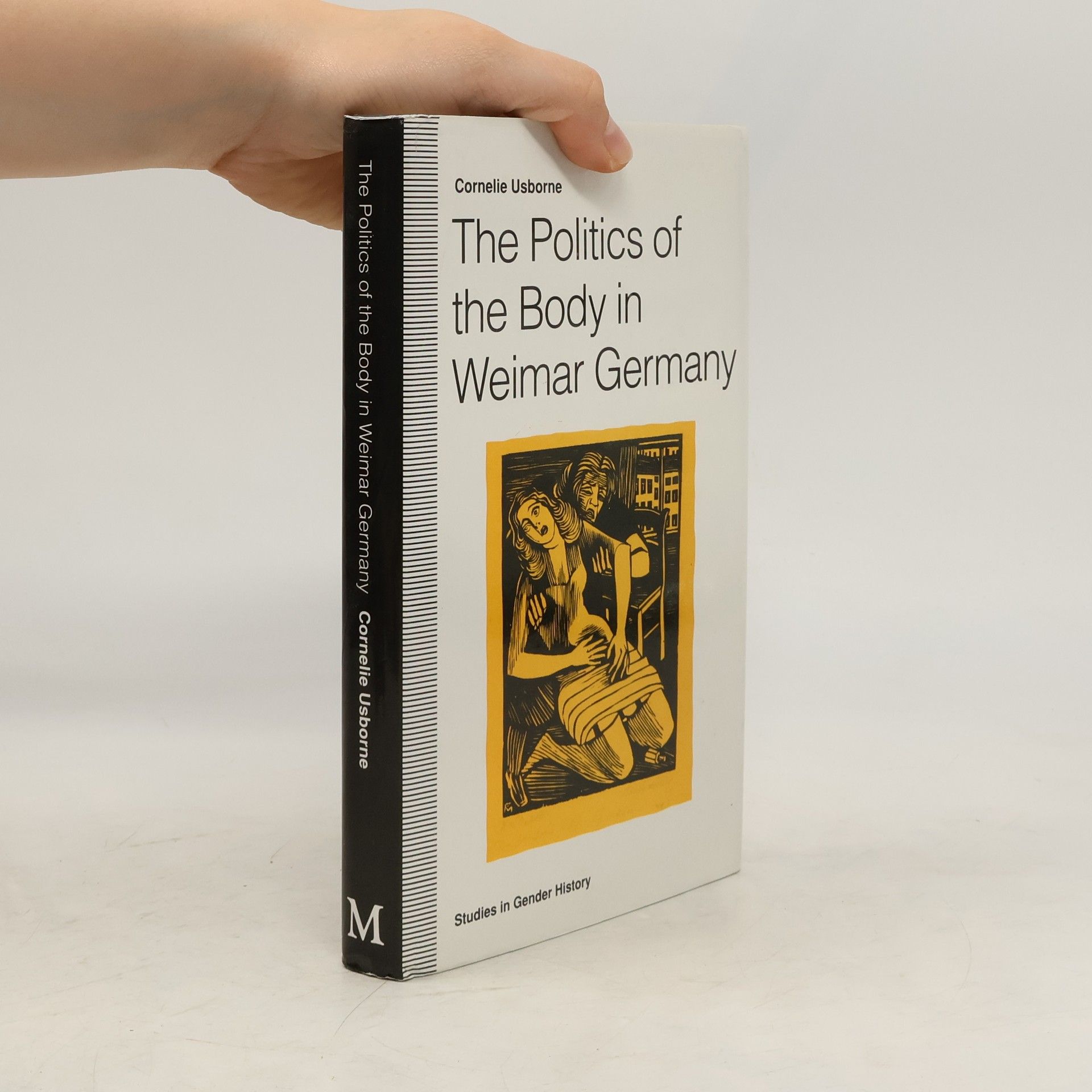Exploring women's employment from 1700 to 1850, this book focuses on Essex and examines various sectors including the worsted industry, agriculture, and service. It analyzes themes such as the sexual division of labor, the impact of capitalism, and the concepts of 'separate spheres' and 'domestic ideology.' By addressing contemporary historical debates, the book provides insights into the continuity and change in women's roles during this transformative period.
Studies in GendergeschiedenisReeks
Deze serie duikt in de ingewikkelde en vaak over het hoofd geziene wereld van de gendergeschiedenis. Het onderzoekt hoe genderrollen en -identiteiten in de loop van de tijd zijn gevormd, uitgedaagd en getransformeerd. Elk deel biedt nieuwe perspectieven op cruciale momenten en figuren die ons begrip van het verleden hebben beïnvloed. Lezers kunnen diepgaand en tot nadenken stemmend onderzoek verwachten dat de complexe wisselwerking tussen gender, macht en maatschappij belicht.


Aanbevolen leesvolgorde
This book analyses how the Weimar Republic put Germany in the forefront of social reform and women's emancipation with wide-ranging maternal welfare programmes and labour protection laws. Its enlightened policy of family planning and liberalised abortion laws offered women a new measure of control over their lives. But the new politics of the body also increased state intervention, the power of the medical profession and the tendency to sacrifice women's rights to national interests whenever the Volk seemed in danger of 'racial decline'.